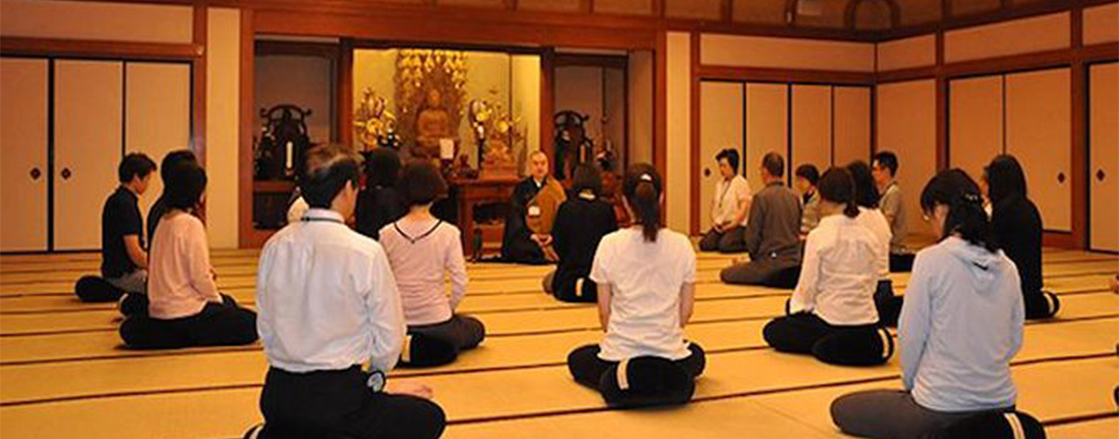Zen Meditation
Zen meditation is an ancient Buddhist tradition that dates back to the Tang Dynasty in 7th century China. From its Chinese origins it spread to Korea, Japan and other Asian lands where it continues to thrive. The Japanese term “Zen” is a derivative of the Chinese word Ch’an, itself a translation of the Indian term dhyana, which means concentration or meditation.
Zen Meditation Benefits
Top Zen Meditation Techniques
Observation of the breath :
Meditators should assume a comfortable posture such as the Burmese, half-lotus or Seiza pose during zazen. It’s best to sit on a padded mat or cushion; sitting on a chair is also acceptable. Awareness is directed towards a certain object of meditation, generally observation of the breath and more specifically the way it moves in and out of the belly area. This method fosters an abiding sense of presence and alertness.


Quiet awareness :
This form of meditation does not repose on a focal point such as the breath. Here, meditators learn to allow thoughts to flow through their minds without judgment, grasping or rejection. The Japanese call this practice shikantaza, or “just sitting.” This Zen Buddhist meditation technique is practiced with no object of meditation, anchors or contents.

